Brexit: What has changed in eight years?
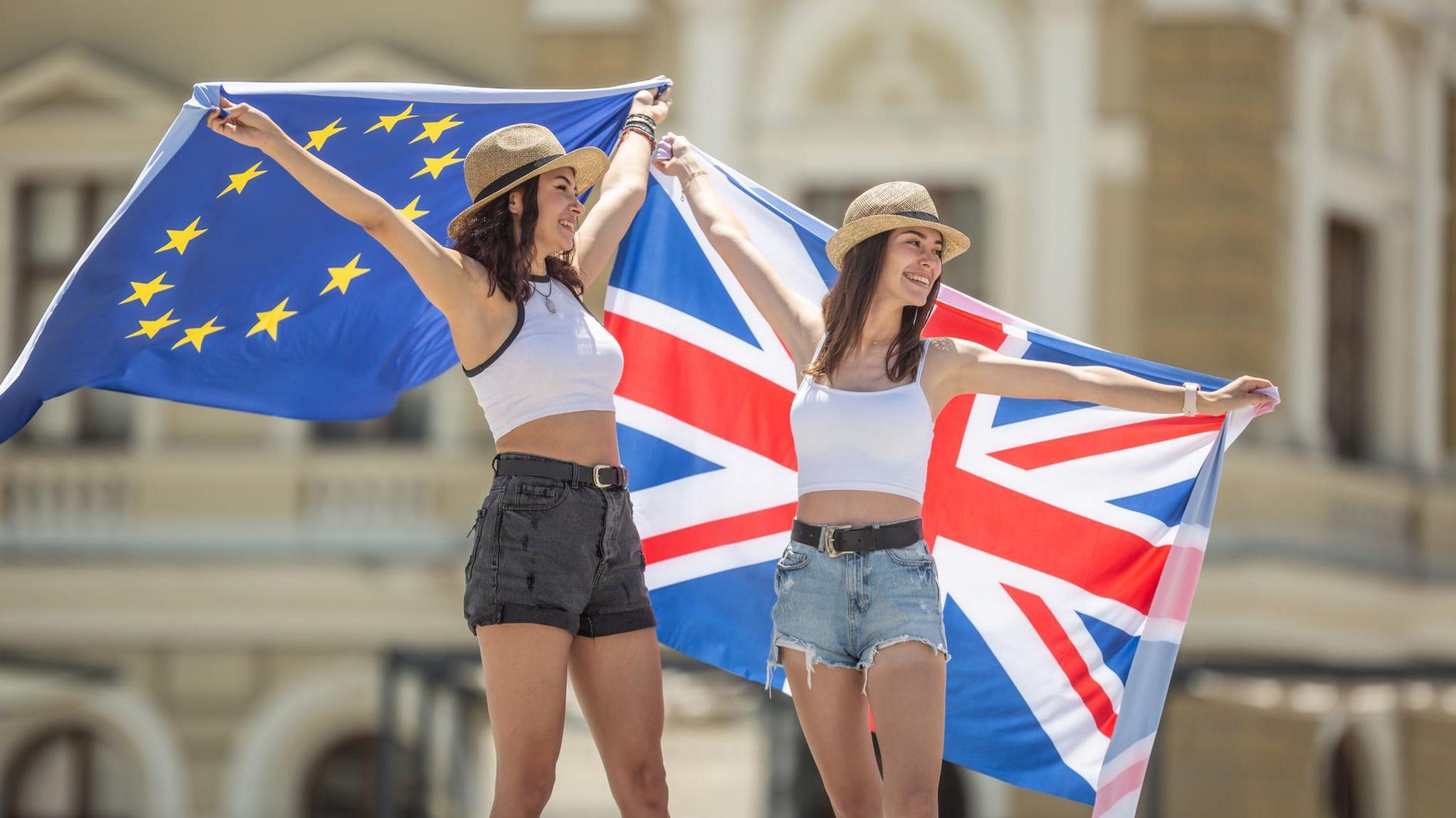
The referendum was held on 23 June 2016
- Published
Just over eight years ago, voters across the United Kingdom were preparing to make a seismic decision about its membership of the European Union (EU).
Four years after the UK left the EU, many voters still want to talk about its consequences.
Your Voice, Your Vote invites you to tell the BBC what you want us to focus on and explore during the general election campaign.
Of all the submissions we have had, one in 20 of those related to Brexit.
It comes as a YouGov Poll has found 15% of people think the benefits of Brexit have outweighed the negatives.
So how much of an issue is it really for voters in the South? This is not a scientific study, but we have been to two places which had strong views on the EU Referendum back in 2016.
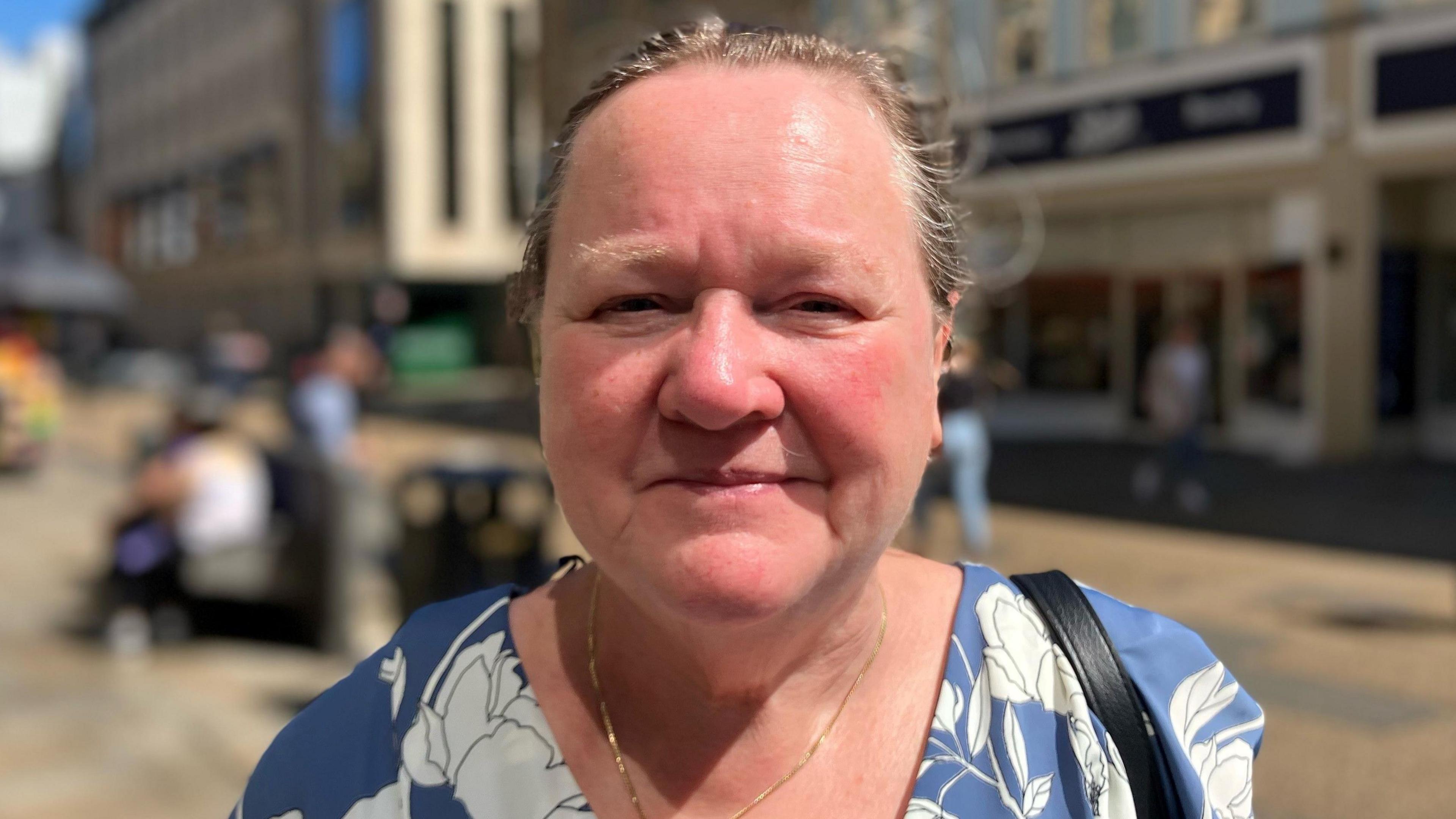
Debbie O'Loughlin might vote differently if the referendum was held today
Oxford - a city centre full of tradition, tourism and trade. At 73%, it was one of the areas with the highest remain vote in the region.
Debbie O'Loughlin lives in Leafield in Oxfordshire and voted to leave in the referendum.
She said she feels "disappointed".
"It isn't quite what I thought it was going to be. I thought we were going to be more independent - we seemed to have gained nothing and lost a lot," she added.
Would she vote differently if she had to vote now?
Debbie said: "Probably, knowing what I know now."
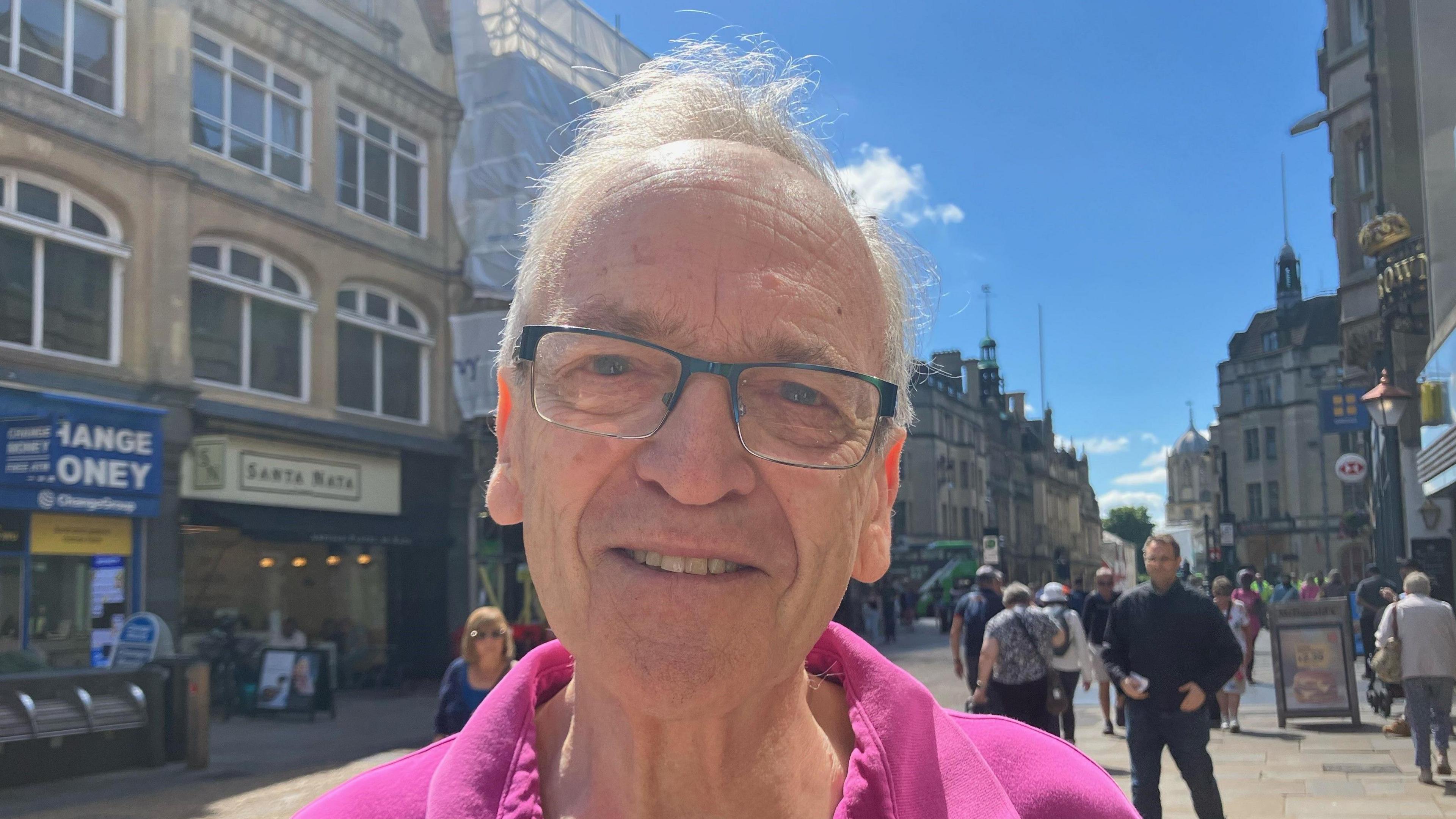
Mike Ward wants to rejoin the EU because he prefers being in a "bigger club" internationally
Mike Ward lives in Oxford and voted remain.
"The sooner we can get back in the better. We're fully remain. I think we should have remained. I feel disappointed. I suppose I expected a problem because I’d rather be in a bigger club than a smaller club," he said.
When asked about candidates talking about Europe in their manifestos ahead of next month's general election, he added: "I think they're all frightened to pick the wrong one. They don't know what they’re doing. I'm very disappointed with our political masters at the moment, I think we've had a terrible few years."
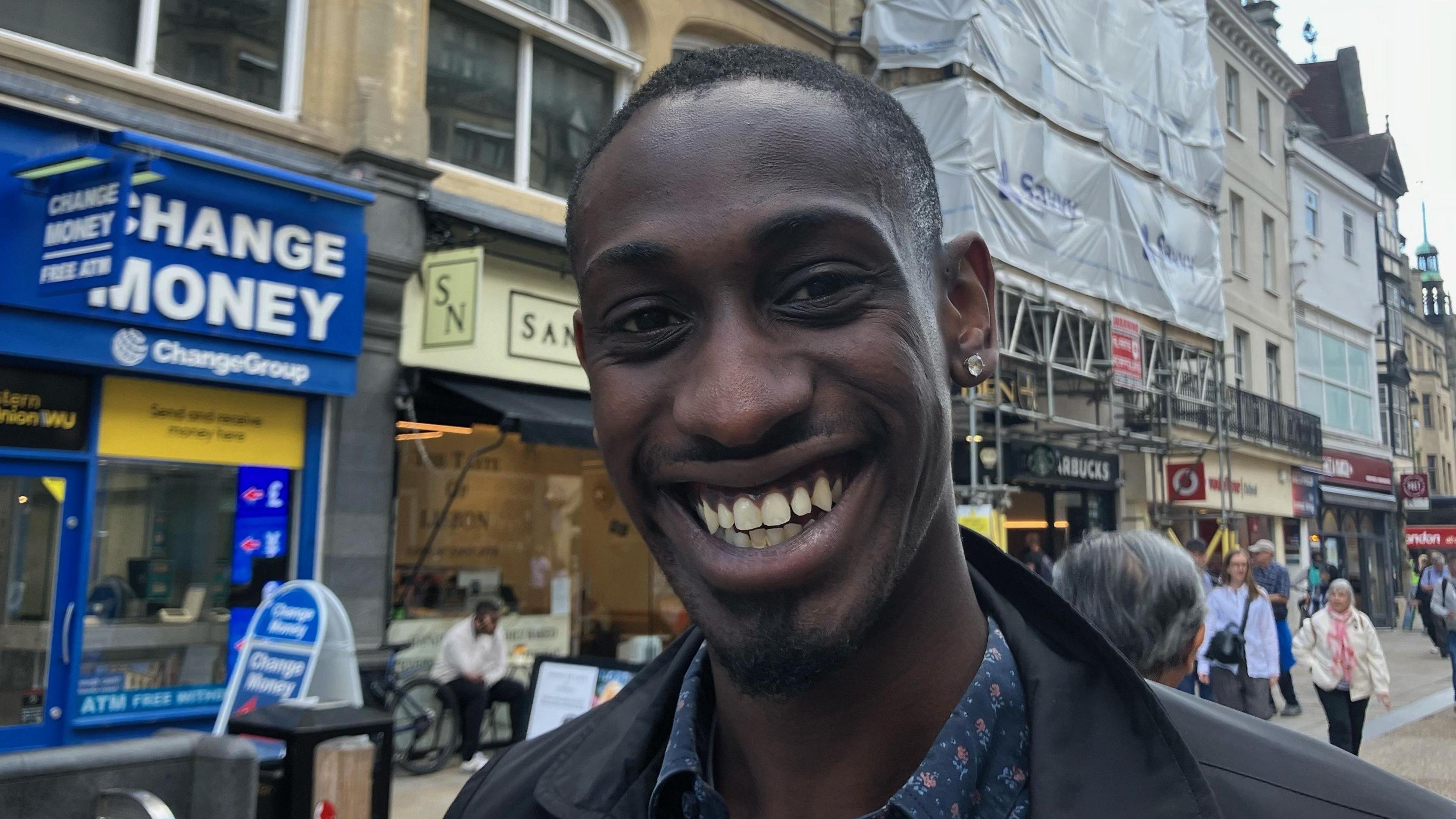
Samuel Ouyewusi thought the UK would vote remain in 2016 but was surprised by the outcome
Not everyone used their vote back in 2016, including Samuel Ouyewusi, who is 28 and works in Oxford.
“Definitely during the referendum I wanted to remain. I thought it was a smart move. It's never really interesting to try to isolate yourself, especially from Europe," he said.
"But I thought it was kind of common sense that we would probably want to remain, but unfortunately we left and it's not as great as it was. We've got all of those queues in Dover.”
So why did he not use his vote?
"I was a little bit younger and thought, this is so silly. Why would we ever want to leave the EU? Obviously a lot of young people were on the remain side, so I thought: no problem, we're not going to leave the EU - and then it happened!"
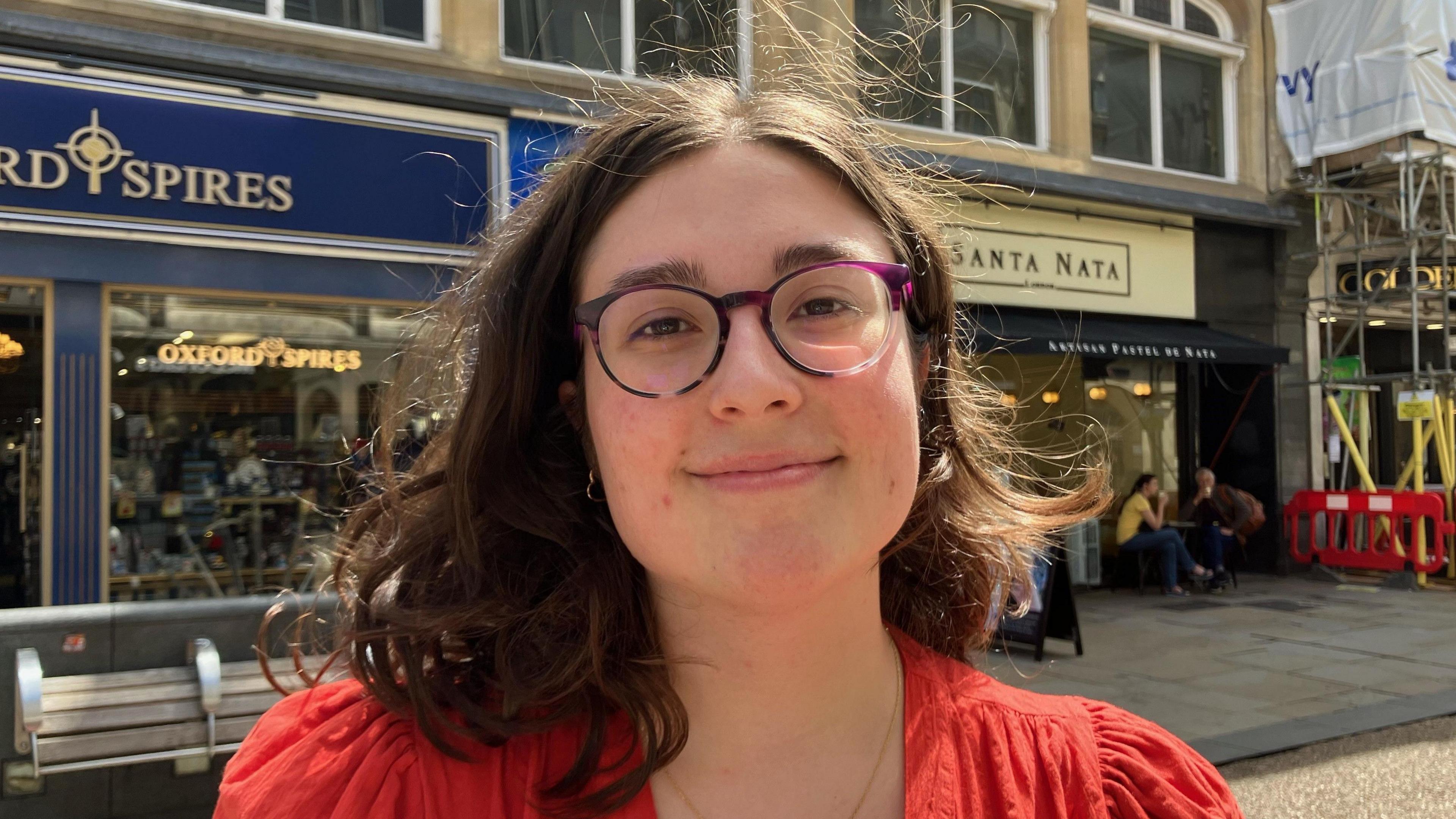
Amy Redmond hopes to study abroad and said not being in the EU makes it more difficult
Amy Reymond is a 21-year-old student in Oxford.
She was too young to vote in the referendum and said leaving the EU has made her life more difficult.
"I’m looking to go away next year to study abroad and it's made it a lot more expensive and made the visa process really difficult.
"I’m a law student and study EU law and it's quite frustrating studying it and all the benefits," she said.
"[The result, at 52% leave and 48% remain] was so close and I think a lot of young people, if they could have voted, would have probably tipped it the other way. As you get older the more you realise it's taken away from you."
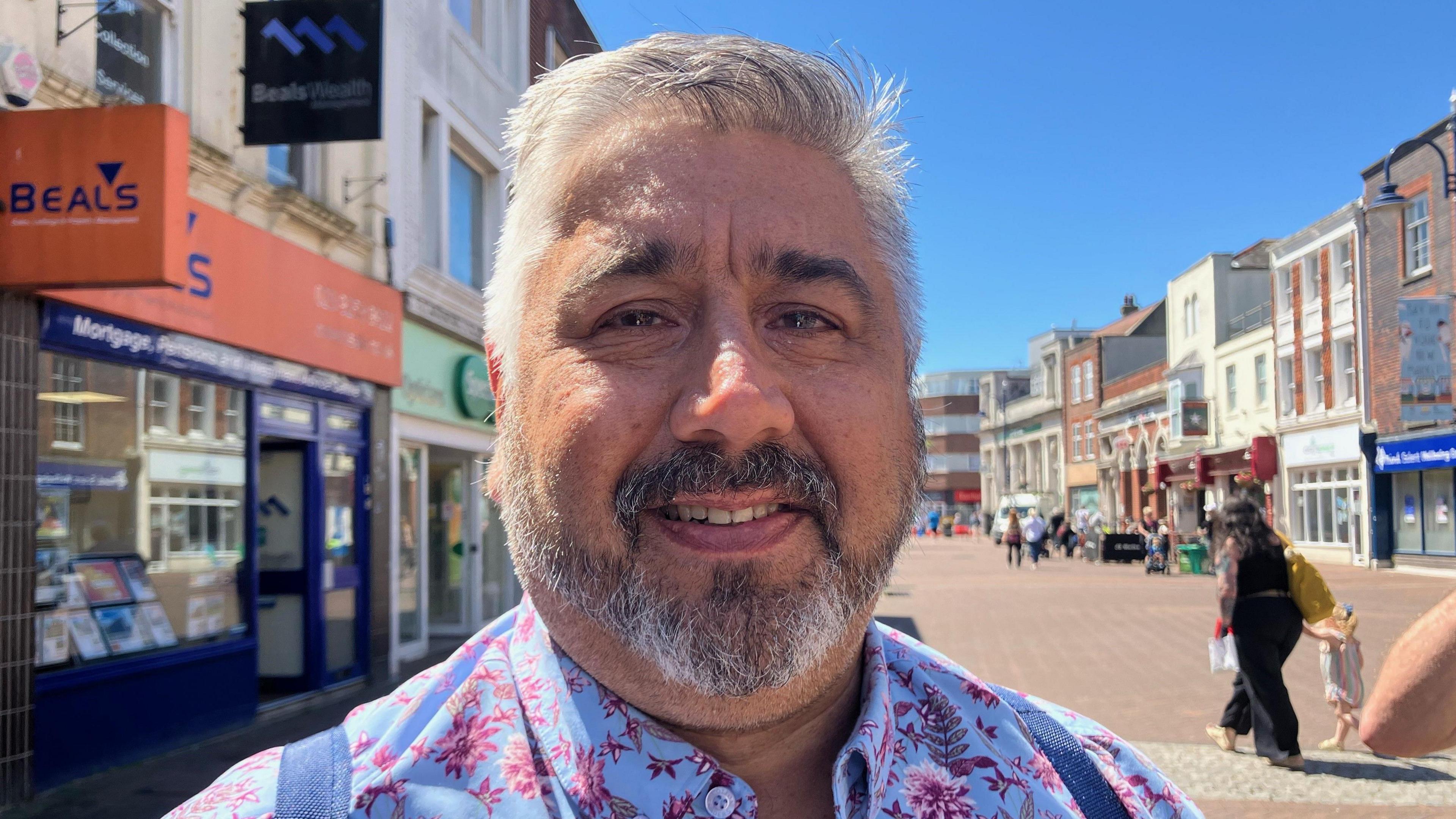
Steve Smith voted leave eight years ago but is not sure what he would do if it was held now
In Gosport, 63% of people voted to leave the EU back in 2016. It was one of the areas in the South with the highest numbers in favour.
So how do people feel about it now?
Steve Smith is an army veteran living in Gosport and voted to leave.
"I think it was primarily immigration and I just thought it was a good thing to do. I studied the European Union as part of a course I did and it's very complicated, so I thought we were better off out of it," he said.
And now?
"I don't think it's brought as many benefits as perhaps we'd thought and I think the jury's out; I’m not sure. It depends on who gets in next to power as to what happens, I guess."
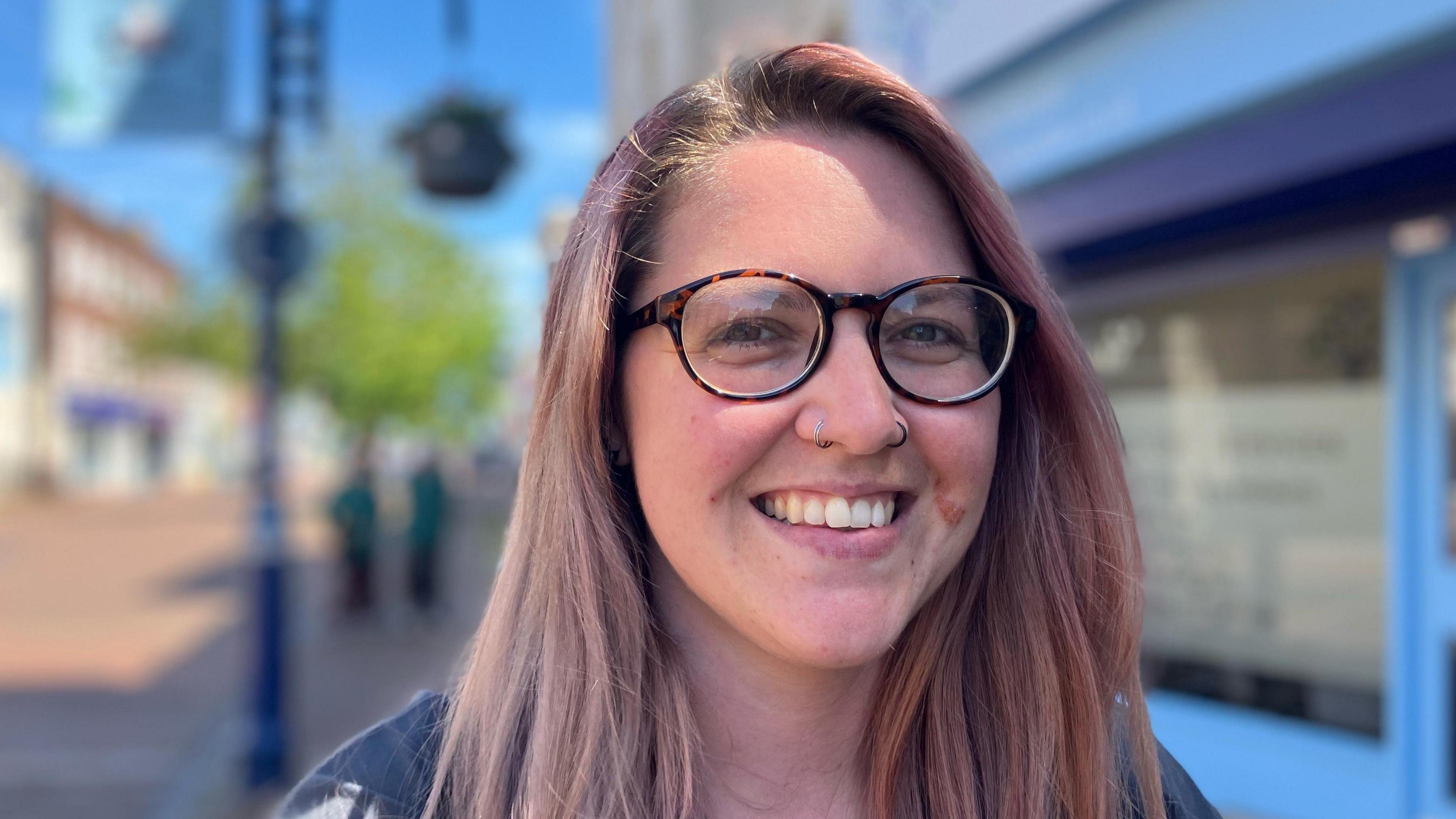
Jamie Evans also voted leave in 2016 but is annoyed by politicians now
Jamie Evans also voted to leave.
"But I don't think it was the right decision...we're the ones here who are struggling to live, to pay rent and everything like that and [politicians] just don't seem to be bothered by it," she said.
Paul Jensen was in a minority in Gosport because he voted to remain.
"I wanted to stay as we were. I didn't want to go out. I think we did the wrong thing. I think we were better off as we were and it's proved since we've gone the other way, it's not the same. We're worse off," he added.
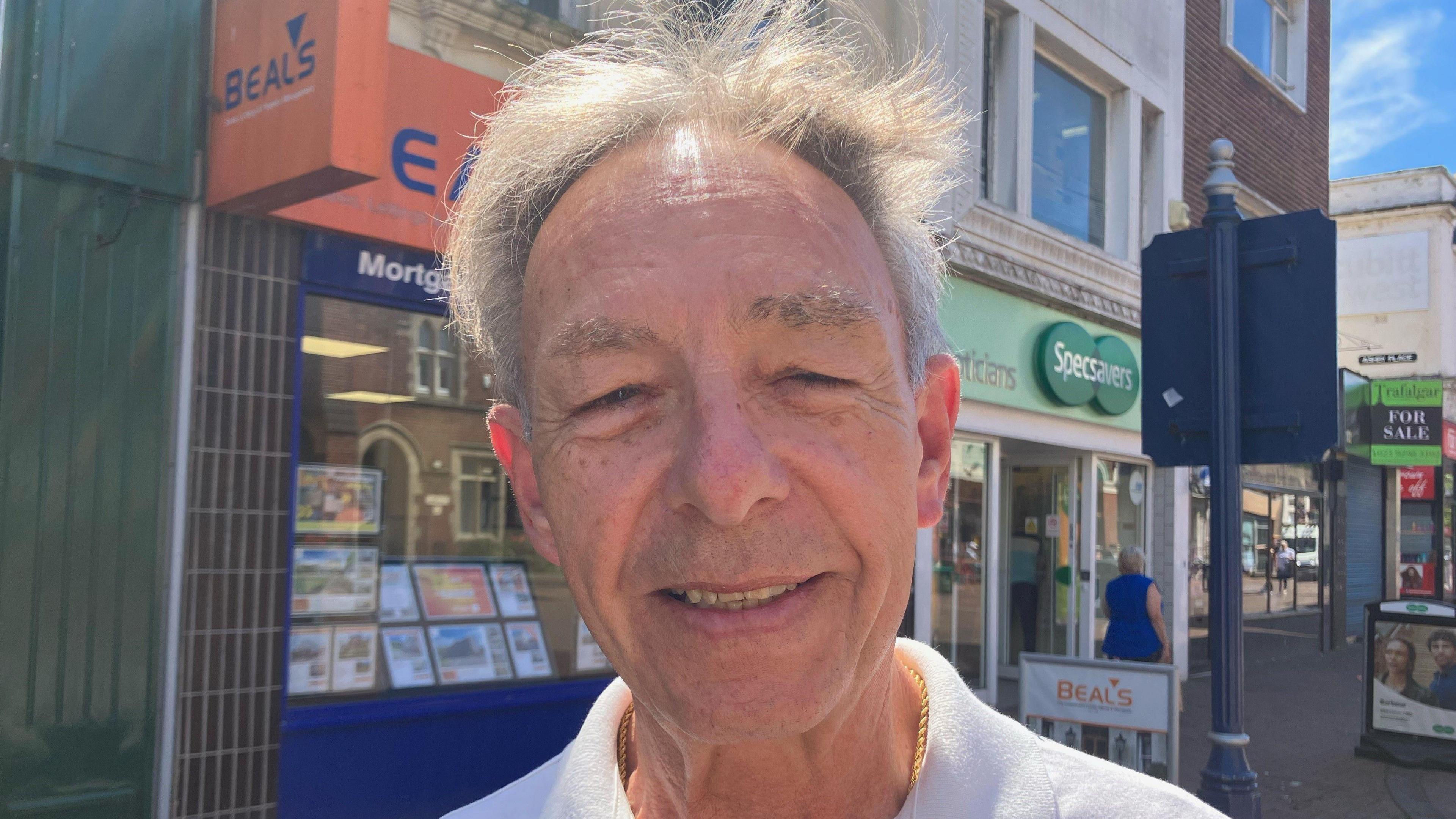
Paul Jensen was one of the 43% who voted to remain in Gosport in 2016
The independent Office for Budget Responsibility (OBR) estimated Brexit would make the UK economy 4% smaller, external in the long term than it might have been. In May the OBR suggested that around two-fifths of the 4 per cent impact had already occurred by January 2021. The Economist said that higher trade barriers have seen goods exports shrink by 10% since 2019, external.
But Brexit was followed by a global pandemic, the shock of a mini budget and war in Ukraine - all with significant impacts of their own. Perhaps that is why we are not hearing much about Brexit in this campaign.
Dr Jon Wheatley, a senior lecturer in comparative politics at Oxford Brookes University, said: "One consideration is there's a fear of reopening that can of worms and the divisions that Brexit caused, perhaps.
"Another thing is the thing people are talking to politicians on the doorsteps is about cost of living and other issues and therefore Brexit tends to go down the ladder."
Eight years after voting to leave the EU, Brexit remains an issue for many voters.
What do the parties say?
Ros Atkins: Is Brexit still important to voters?
The Conservatives have said they would build on post-Brexit relationships and make use of the freedoms brought about by Brexit.
Labour has said it would not rejoin the EU but would improve the UK’s trade and investment relationship with it. It would also seek to introduce a new UK/EU security pact.
The Liberal Democrats have said it would seek to rejoin the single market and agree partnerships with EU agencies, with a longer term objective being to rejoin the EU.
The Green Party said it would seek to rejoin the EU and rejoin the customs union and the Erasmus programme for students.
Reform UK said it would legislate to scrap 6,700 EU regulations adopted by the UK immediately. It would also abandon the Windsor Framework and prepare for renegotiations with the EU.
Correction 10 July 2024: This article was amended after we wrongly suggested that the UK economy had already contracted by 4% because of Brexit. This was in fact a long term estimate by the Office for Budget Responsibility.
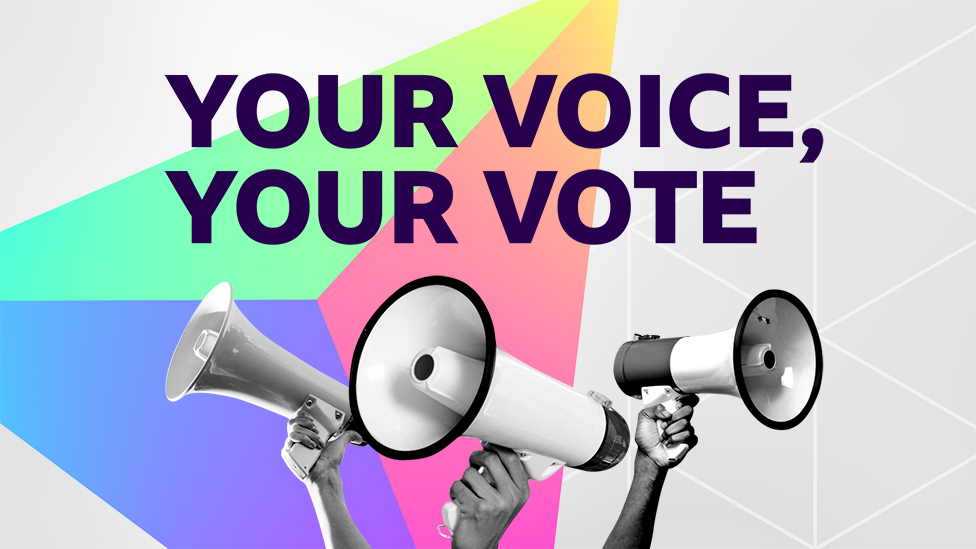

What really matters to you in this general election? What is the one issue that will influence your vote? Click the button below to submit your idea, and it could be featured on the BBC.